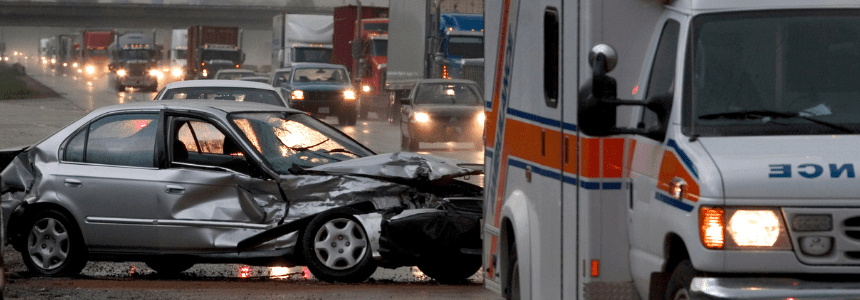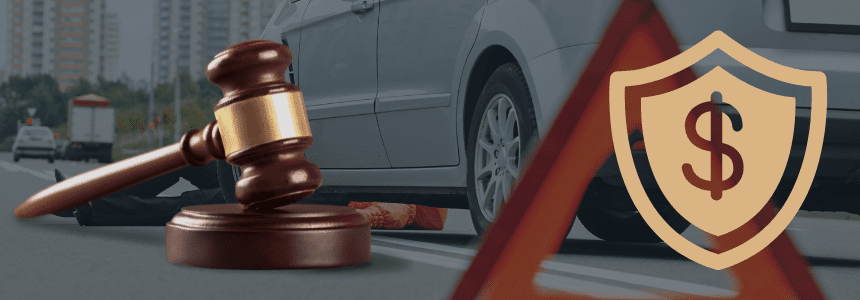
The aftermath of a car crash can cast a shadow of uncertainty, particularly when you find yourself at fault. In such challenging times, safeguarding your assets becomes an essential priority. Florida offers relatively generous asset protection laws, but complacency is not an option. In Florida, when a driver causes a car accident that results in someone getting hurt, both the driver and the owner of the vehicle are held responsible. Taking proactive steps to shield your assets is imperative. Regrettably, the shock and confusion following an accident often lead individuals to overlook crucial measures for asset preservation. Let’s explore how to navigate asset protection in Florida after a car accident, ensuring your financial security remains intact.
There is no denying the fact that taking proactive measures to safeguard your assets before a car accident is far wiser than attempting to protect them afterward. For instance, altering asset titles or ownership after the crash may not be advisable. A prudent approach involves ensuring each vehicle is titled in the primary driver’s name. That said, however, even if an accident occurs for which you are held liable, it doesn’t necessarily equate to asset loss. To shield your assets effectively, consider the following four essential steps:

Begin by evaluating the extent of damages and understanding your insurance policy’s limits.
Identify which assets are susceptible to potential collection in case of legal action.
Develop a comprehensive plan to safeguard your assets within the bounds of the law.
If necessary, submit a financial affidavit to demonstrate the challenge of collecting a civil judgment, further fortifying your asset protection strategy.
In the aftermath of a car crash in Florida, understanding the state’s homestead exemption becomes crucial. This legal provision offers significant protection to homeowners by safeguarding their residences from being seized. For individuals facing potential liability after a car accident, the homestead exemption serves as a critical shield, ensuring that their primary residence remains secure and unaffected by legal actions stemming from the accident. Having an understanding of this exemption will help you protect your most significant asset, which is your home, in the aftermath of a car crash.
A judgment creditor can potentially take non-exempt bank deposits, garnish up to 25% of your net wages, target non-homestead real property, claim equity in vehicles and pursue other non-exempt personal property. However, Florida law provides various exemptions and protections for certain assets, including head-of-household wage garnishment exemptions. Careful consideration of these exemptions and legal protections is essential to shield your assets from creditors effectively.
Adequate liability insurance can go a long way when it comes to protecting your assets in case of a car accident liability. If you’re an at-fault driver in Florida, your insurance company will cover financial obligations up to the policy limits. Additionally, a well-prepared financial affidavit can be a valuable asset during negotiations following a car accident. By demonstrating the challenges of collecting a civil judgment, a financial affidavit can enhance your negotiating leverage, potentially leading to a settlement within your insurance policy limits and avoiding protracted legal battles.
 Insurance Laws and Insurance Claims for Pedestrian Crash Cases in Florida" width="860" height="300" />
Insurance Laws and Insurance Claims for Pedestrian Crash Cases in Florida" width="860" height="300" />
A car accident liability can take a heavy toll on an individual’s physical and mental well-being. The looming threat of losing one’s assets can make things even more difficult. However, being proactive and taking the necessary steps, including hiring a Clermont car accident attorney, can make all the difference.
The experienced car accident attorneys at MANGAL, PLLC, a Clermont Personal Injury Law Firm in Florida, have a wealth of experience in skillfully questioning accident witnesses. The information gleaned from these inquiries can be leveraged to bolster your case and build a robust argument for your accident claim.